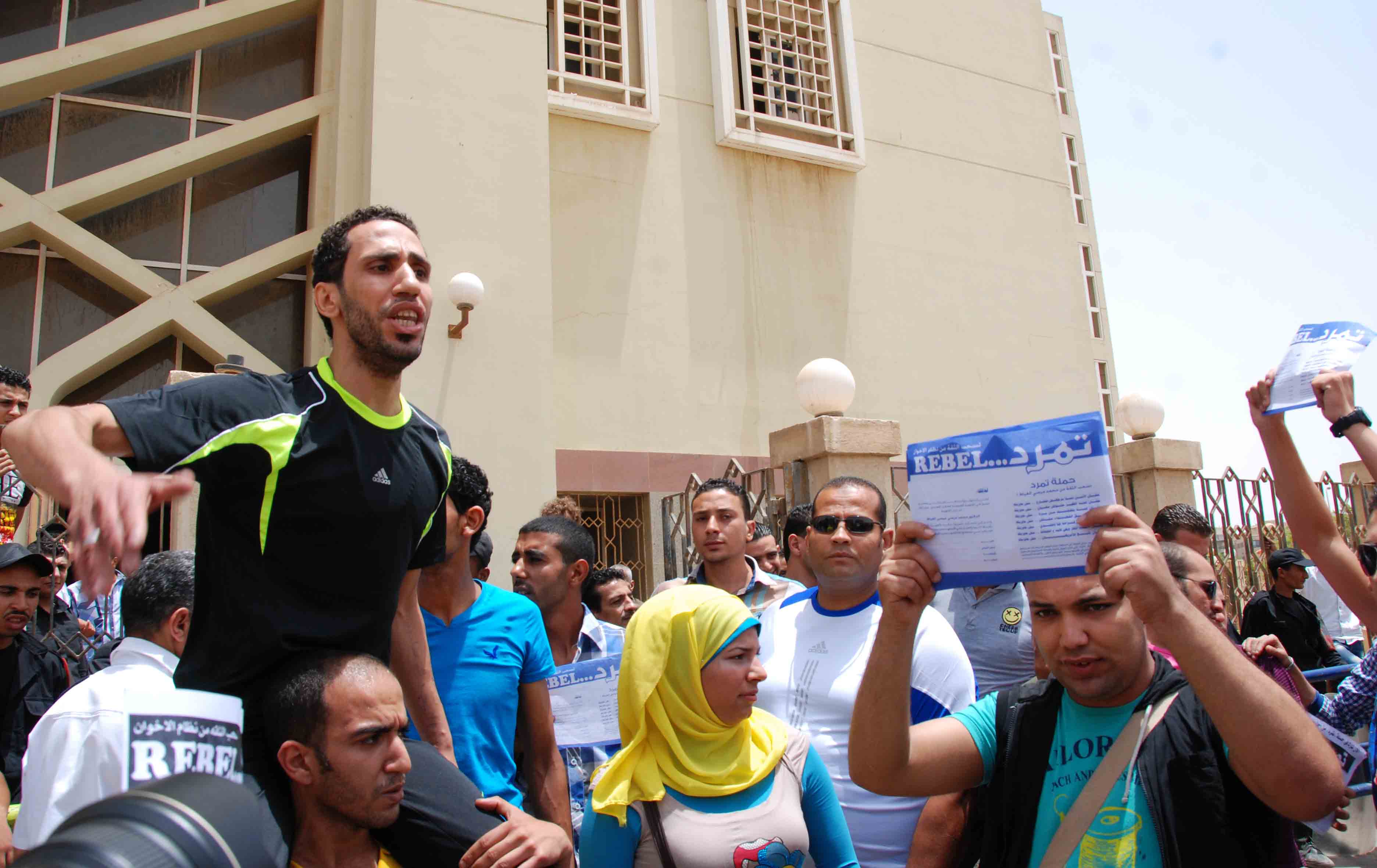RIYADH: US Secretary of State Hillary Clinton held talks in Saudi Arabia on Monday looking to rally support for tough new UN sanctions against Iran, which she warned is turning into a military dictatorship bent on building a nuclear weapon.
The US chief diplomat flew in on her first visit to the oil-rich kingdom after using some of the strongest language yet about events in Iran from an administration which just a year ago had sought to hold out the hand of friendship.
She went straight into talks with her Saudi counterpart Prince Saud Al-Faisal before heading to a desert camp outside the capital to meet King Abdullah.
Speaking to students earlier in neighboring Qatar, just across the Gulf from Iran, Clinton said that the whole region had reason to fear Iran s nuclear program and the growing influence of the elite Revolutionary Guards.
Clinton said the United States was not aiming to use military action to curb Iran s nuclear ambitions but rather seeking to build support for tough new sanctions at the UN Security Council.
She said the package Washington wanted adopted will be particularly aimed at those enterprises controlled by the Iranian Revolutionary Guard, which we believe is in effect supplanting the government of Iran.
We see the government of Iran, the supreme leader, the president, the parliament is being supplanted and Iran is moving toward a military dictatorship, she said.
They are in charge of the nuclear program.
It s a far cry from the Islamic republic that had elections and different points of view within the leadership circle, that is part of the reason why we are so concerned with what we see is going on there.
The Revolutionary Guards continue to be the military guardian of revolutionary leader Ayatollah Ruhollah Khomeini s Islamic ideology, but also own large tranches of Iran s economy.
The United States last week imposed a fresh round of sanctions against the elite force and hopes for UN sanctions.
Clinton told reporters on the plane to Saudi Arabia that Iran s clerical and political leadership was either distracted by the political turmoil over last June s disputed presidential election elections last June or ceding ground to the Guards.
Asked whether she was pessimistic about the chances that Iran s nuclear program could be reversed under such circumstances, she replied: It depends on whether the clerical and political leadership begin to reassert themselves.
US officials acknowledged that Clinton had used the most forceful language yet about Iran from the administration of President Barack Obama.
In her talks in Saudi Arabia, aides said she would press Saudi leaders to use their influence with China to secure a change of heart on Iran sanctions.
China appears to be the strongest holdout to sanctions among the five veto-wielding permanent members of the UN Security Council.
Clinton s top assistant for the Middle East, Jeffrey Feltman, told reporters traveling with her that China had an important trading relationship with the Saudi oil kingpin and there were frequent official visits between the two countries.
We would expect them (the Saudis) to use these visits, to use their relationship in ways that can help increase the pressure that Iran feels, said Feltman, the assistant secretary of state for Near East Affairs.
Saudi leaders were also expected to raise the Middle East peace process in their talks with Clinton amid growing frustration with the failure of US efforts to secure a relaunch of talks frozen since Israel launched its devastating offensive against Gaza in December 2008.
The peace process is the main issue, of course, said Saudi foreign ministry spokesman Osama Nugali. Our position is still the same… that we need to revive the peace process.
In Qatar, Clinton said she was optimistic that talks would resume this year.
I m hopeful that this year will see the commencement of serious negotiations, she said.
She added that she hoped for the kind of breakthrough people were expecting after Obama said he would not stay on the sidelines and would actively promote peace between the two parties.
US Middle East peace envoy George Mitchell has proposed that Israel and the Palestinians hold indirect talks over a three-month period to get round Israel s refusal to accept Palestinian demands for a complete freeze on settlement construction before any direct negotiations.
But the idea has met with little enthusiasm from the Palestinians or their regional backers, including Saudi Arabia.
They could be labeled the proximity talks but the more apt description is the nonsense of non-talks, the government-linked Saudi daily Arab News commented on Monday. -AFP

